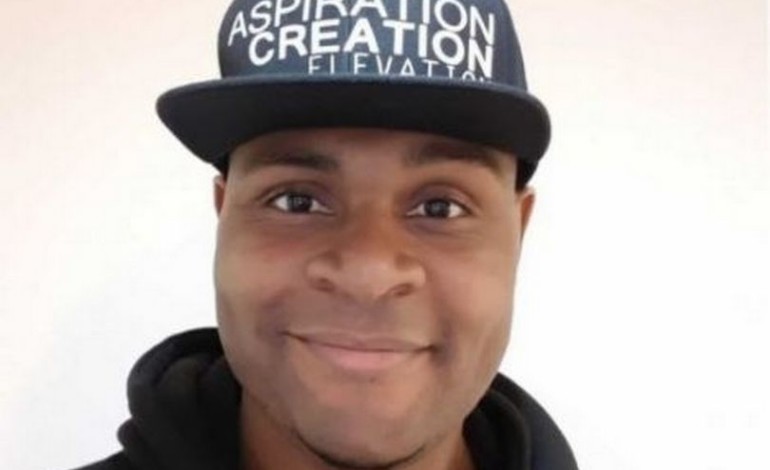
Amid calls to clamp down on drill music to prevent violent crime, one of Bristol’s leading youth workers Darren Alexander says that solely blaming drill does little to address the “root of the problem”, he tells The BBC.
Avon and Somerset Police are noting an increase in the number of teenagers producing drill music videos over the last year. They have also noted a rise in weapon offences, a rise of 5% from last year. A total of 82 weapons offences have been recorded in their remit, to which they are responding with increased patrols.
Police around the country are making links between drill music and violent crime. Ch Insp Dan Forster, the area commander for south Gloucestershire, says that “over the past six months we saw an increase in teenage boys making drill videos that they were posting on YouTube” and that “we’ve got a particularly challenging situation with young men aligning themselves with gang culture and carrying weapons and knives,” noting that the problem has accelerated in the last several months, as per The BBC.
Darren Alexander, the leader of a music mentoring program for Bristol’s disadvantaged youth, challenges this Police’s narrative on the drill, that drill music itself is to explain behind a rise in crime. Criticising this link as “surface level”, Mr Alexander says that to blame the rise in violent crime on the drill is “putting the cart before the horse”.
On a Bristol Unpacked podcast, he accepts that drill music’s lyrical content is often violent, yet notes that a lot of it is “for show”. In response to the Police, Alexander says: “I’m not surprised that Avon and Somerset police took that stance – they are firefighters, they see what’s happening on the streets, they see the stats, they see what they see and they put one and one together. If you see a young person making drill music or in a drill video, and you see them on the street carrying a knife or hanging round with people who are known to carry knives or have been arrested for similar or related offences, you’re going to assume things.”
“This doesn’t address the root problem. These people have been increasingly marginalised over generations, economically, socially and racially. They shouldn’t be blamed for what we are seeing on the surface. I find it disappointing that we blame young people who are feeling lost and disenfranchised, when really we should be looking at ourselves,” he said on the podcast.
Darren Alexander runs an award-winning organisation, ACE – short for Aspiration, Creation, Elevation, that works with the youth of Bristol’s most deprived areas that, through music, encourages a way out for deprived youngsters.
UK Police have made numerous attempts to clamp down on drill, with the most notable example being in Digga D, whose terms of release included a requirement to have his song lyrics proofread by police before they could be released. This was chronicled in a BBC documentary titled Defending Digga D.
